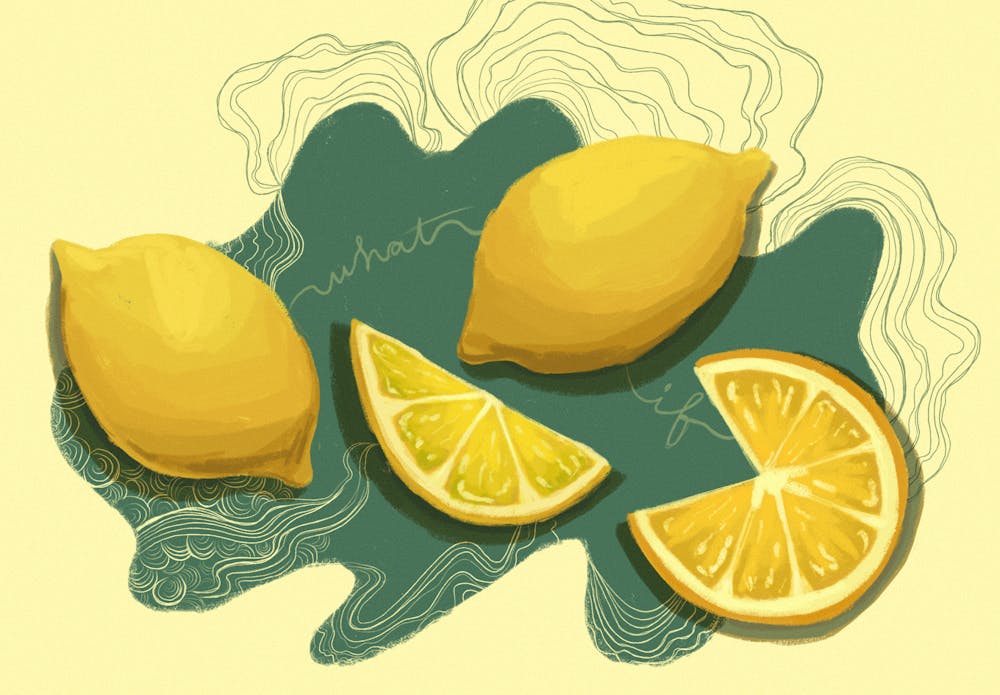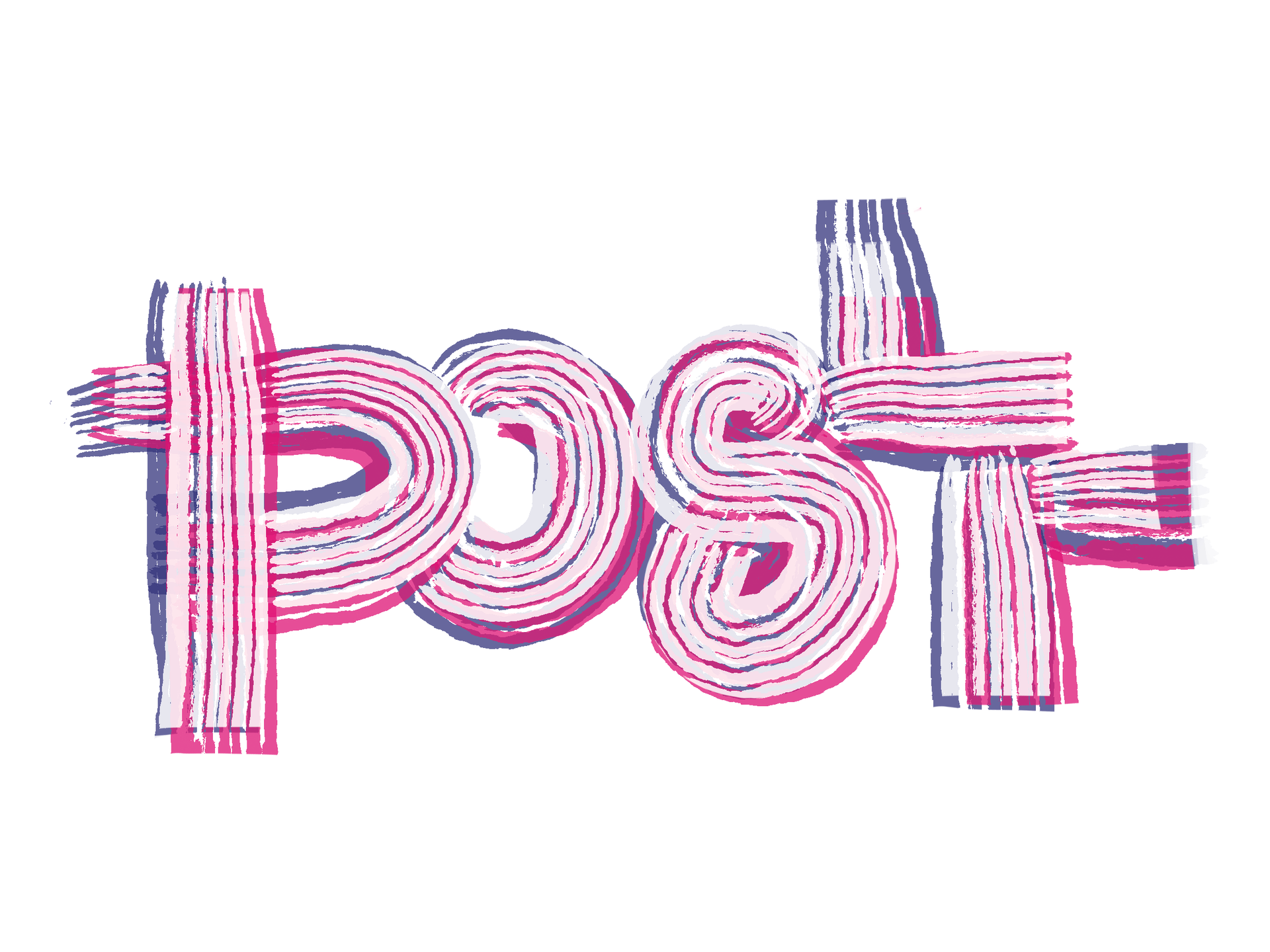Editor's note: This article was written by an author who is in the midst of exploring their gender identity. In order to maintain a sense of privacy, they requested this piece be published anonymously. In addition, they do not intend to take away space meant for non-binary or trans people, or minimize the experiences of boyhood or girlhood to people for whom these experiences of gender are important.
I don’t often drink tea, but when I do, I love to watch the tea bag steep in my mug. My cup always smells faintly of lemon—my roommates and I happen to store our mugs in the cupboard where we also store the lemon-scented super glue. Perhaps we’re being slowly poisoned, but the mugs remain in the cupboard, and the super glue stays in its place in the top left corner. It’s funny: I could get rid of the lemony scent, and its lethal capabilities, once and for all. But I choose to leave the tube there, untouched. Maybe I’m lazy, or maybe I just like the way the smell of sweet lemon reminds me of the unseen forces at play (chemical forces, perhaps).
As I write, I wonder: How has my life been changed by the presence of a bottle of superglue above a row of mugs? The what-ifs double by the second.
What if my roommates and I find out in five years that we were ingesting unhealthy amounts of lemony chemicals each time we sipped a cuppa? What if I had had seven roommates instead of eight? What if I had decided to major in English instead of Anthropology? What if I had picked blue as my favorite color as a kid, instead of pink? How would my life be different?
What if, what if, what if?
Soon, all I can see is the way a mundane, seemingly insignificant moment in life can have a ripple effect on my entire being. A singular detail—a mug, a song, a friend, a stroke of paint, a momentous second—can create a ripple in my world. I’m no stranger to the butterfly effect, or to the idea of the multiverse (thank you, The Daniels!), but the real catalyst to my thoughts about the fragmentation of reality was not a movie, nor a theory, or even the super glue, but a song.
A few weeks ago, a close friend of mine and I stood in my apartment’s doorway in the cold Providence night, them procrastinating the walk home, me dwindling in my age-old flannel pajamas, trying to slyly kick them out so I could go to sleep. On their way out, my friend mentioned that The Japanese House, a mutual favorite band, had dropped her first new single since 2020: “Boyhood.” “It’s like, the best song ever,” said my friend.
“I wanna change but it’s nothing new and if I grow, I’m gonna get so old…” They read the “Boyhood” lyrics out loud excitedly, pacing back and forth on the landing. I smiled, looking forward to listening to new music, but looking forward to going to bed even more. My friend left, and I went to sleep—but the look in my friend’s eye clued me in: This was not an ordinary song. Like some sign from the universe, “Boyhood” promised to unearth feelings I’d purposefully pushed down, feelings I'm still in the process of embracing.
I didn’t listen right away. I waited for the perfect moment, on the walk home from class a few days later, in a liminal existence where all of my thoughts, feelings, words, seemed to finally make sense (but only for the twelve minutes it took me to get from North to South campus).
I could have been somebody else but
I've been out looking for me
It doesn't matter what I tell myself
For a moment there I swear I saw me
From the first verse, I understood my friend’s excitement. Amber Bain, known by her moniker The Japanese House, situates her listener simultaneously in the past and in the hypothetical present. For a moment there, during my first listen, an earbud tucked in each ear, I swear I saw every possible version of myself, all of life’s permutations at once. Each instrument—the synth, the guitar, the strings—joined in as if to say: Here is a different life you could have lived, a life you still could have, if you dare to find it.
What if, what if, what if?
What if I had followed my inkling to write earlier on?
I’ve been thinking a lot about writing recently, as I always seem to do when an identity crisis is looming. This semester, I’m in a writing class for the first time ever, despite my life-long yearning to write; I’ve learned to start feeling comfortable with discomfort. It’s been scary, to face something I love head-on. Despite my tendency to write down ideas in my notes app on the daily, I’ve never read a piece of writing out loud to a class in real time. Each class poses a new opportunity to learn and grow from the people around me. I marvel at the way each one of my classmates creates vastly different writing in response to the same prompt.
The class has invited me to explore the vastly different versions of myself through my writing. I’m no longer afraid of my own potential. “In a parallel universe, I’d be a writer,” I always said. Now, I challenge this thought—what if I was a writer in this universe, too?
“Writers write everywhere,” my professor said to us one day in class. “Writing can happen anywhere—as you think, as you walk—writing is becoming obsessed.”
And obsessed I have become. Everywhere I go, I think about “Boyhood,” and I rewrite my life, my adolescence, my future. When I’m not listening to The Japanese House’s soft croon, the plucky guitar, the synth, I’m humming “Boyhood” under my breath. I’m thinking about my life, my choices, my impact. But most of all, I’m thinking about my girlhood.
What if my girlhood had been a boyhood? How would my life be different?
“Boyhood” is the reimagining of a life, an expression of saudade, of intense nostalgia for a reality and a self and a being that never happened. The idea of boyhood has always felt mysteriously close to me, but so, so far, like an alternate reality. By titling her piece “Boyhood,” a word not once mentioned in the song’s lyrics, The Japanese House extends the song’s meaning into the realm of gender identity, queerness, and expansive personhood.
“Boyhood,” puts the feeling of queer realities, of queer dreams, of queer multitudes, into words.
Thinking about boyhood leaves me with a pang of jealousy in my chest, a longing for a different past. I crave the humanity—and ironically, the gender neutrality—I feel is ascribed to boyhood; boyhood feels more expansive, more boundless than the construct of girlhood. I wonder if that’s a byproduct of the constraints and hypersexualization forced upon young girls. Or maybe it just speaks to my queer desires and questioning identity.
I cherish my girlhood, and the access it provided to friendship, to connection with my sister and my mother, to femininity. Growing up, I liked what I was taught “being a girl” meant. I liked pink, I liked the way I looked in a dress, I liked the tenderness of my childhood friends as we shamelessly hugged on the playground. I still like all those stereotypical things. But I’ve learned to question why they make me a girl, and if I even feel like a girl at all. I’m still figuring it out.
I can’t help but wonder—would I be seen as more of a person if I had experienced a boyhood? I envision two lives: the one I’ve lived, and the one I could have lived, a life outside of gender’s prescriptions.
I see The Japanese House’s “Boyhood” as a proxy for life outside of the gender binary: something limitless, and inherently queer. There’s something magical about queerness, about living in between, within, and apart from the space that makes up the gender binary. I feel lucky to be part of this space, even if I don’t know exactly how I fit in.
On BBC Radio 1, The Japanese House said about her song: “I was sort of thinking about that and how different I might be if I’ve had some sort of boyhood or I’ve had some different things happened to me in my life. The song itself had a hundred different versions of it and I feel like I’ve had a hundred different versions of myself that could’ve existed and it’s about like accepting some of those…”
How do we come to terms with the realities of ourselves that could have been?
I’m not sure what my answer is, but listening to “Boyhood” makes me think maybe it’s okay to not know. It’s okay to imagine the many versions of ourselves, and more importantly, it’s okay to reach for the what-ifs that constantly color the periphery of our vision. Maybe these parallel galaxies are out there, in whatever form they were meant to be in. Maybe I’m out there, too.
Perhaps I’m the only one who can find the version of me that I search for. Perhaps that version of me moved a tube of lemony-scented super-glue out of the cupboard where she keeps the (also lemony-scented) teacups. Perhaps that version of me had a boyhood.





